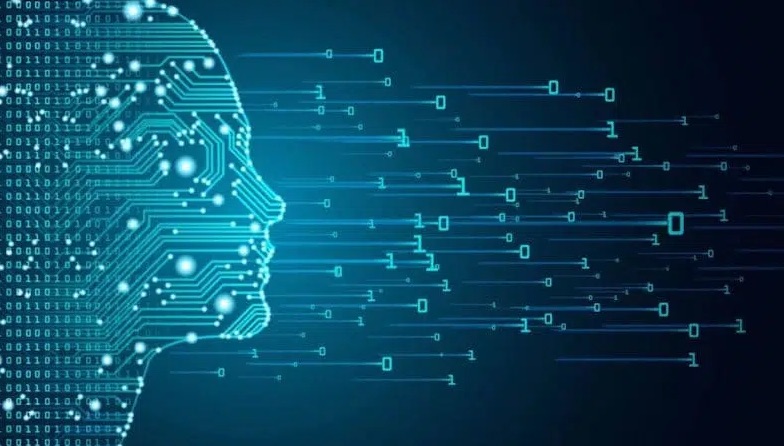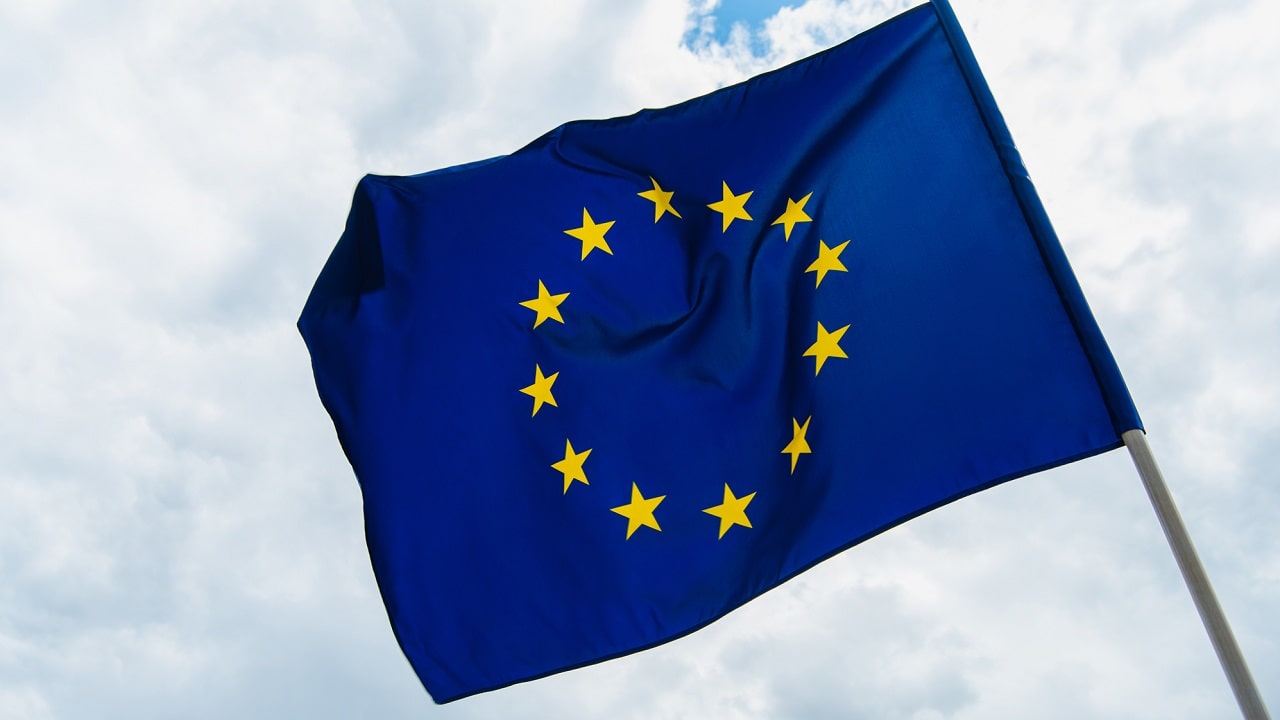Europe has proposed a first draft of a law aimed at protecting the copyright of materials used to train generative AI. The first agreement stipulates that companies using generative AI tools, such as ChatGPT, will have to disclose any copyrighted material used to build their systems. This measure could pave the way for the first global regulations on the technology.
Europe and copyright protection for generative AI
The European Commission launched almost two years ago the drafting of the AI Act, a bill to regulate artificial intelligence. Which saw a surge in investment and popularity after the launch of chatbot ChatGPT based on OpenAI artificial intelligence.
MEPs have reached an agreement to take the draft to the next stage, the trilogue, in which EU lawmakers and member states will work out the final details of the proposal.
According to the proposals, AI tools will be subdivided based on their perceived level of risk: low to limited, high and unacceptable. Areas of concern could relate to the biometric surveillance, the dissemination of false information o one discriminatory language. High-risk tools will not be prohibited, but those who use them will have to be extremely transparent about their activities.

Companies that use generative AI tools, such as ChatGPT or the image generator Midjourneythey will also have to disclose any copyrighted material used to develop their systems.
This provision has been introduced in the past two weeks, according to a source familiar with the discussions. Some committee members had initially suggested that completely ban copyrighted material used to train generative AI models. But this has been replaced by a transparency requirement.















Leave a Reply
View Comments